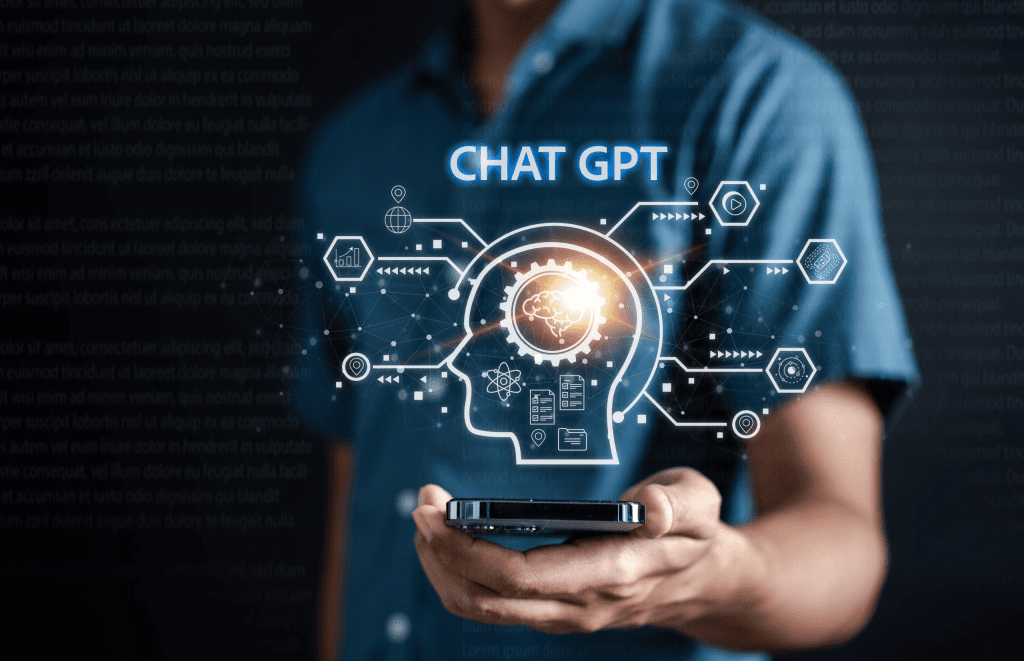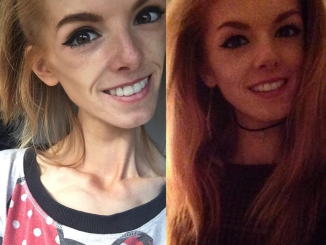
Sally Field, an Academy, Emmy, and Golden Globe-winning actress, has captivated audiences for decades with her unforgettable roles in films and TV shows like Forrest Gump, Brothers and Sisters, Lincoln, and Steel Magnolias. At 76, Field reflects not only on her storied career but also on the personal challenges that have shaped her life. Her 2018 memoir, In Pieces, offered an unflinching look at her experiences, including sexual abuse by her stepfather and struggles with depression, self-doubt, and loneliness.
The Early Years
Born on November 6, 1946, in Pasadena, California, Sally Field grew up in a family touched by show business. Her mother, Margaret Field, was an actress, while her father, Richard Dryden Field, worked as a salesman. After her parents divorced, her mother married actor and stuntman Jock Mahoney. Sally, her brother Richard, and their half-sister, Princess O’Mahoney, lived in a complex household dynamic.
Field’s career began in 1965 with the titular role in the sitcom Gidget. Though the series was canceled after one season, it marked the start of a long and prolific career. She gained greater visibility starring in The Flying Nun, which ran for three seasons. Field later admitted she struggled during this time, battling depression while navigating a role she disliked. “I just had to put my head down and go to work and do the very best job I could,” she recalled.
Field’s big-screen debut came in 1967 with The Way West. A decade later, her role in Smokey and the Bandit alongside Burt Reynolds catapulted her to stardom. The 1979 drama Norma Rae earned her first Academy Award, followed by a second Oscar for Places in the Heart in 1984. Field’s portrayal of the loving yet strong-willed mother in 1994’s Forrest Gump, a film that won six Oscars, remains one of her most iconic performances.
A Complicated Personal Life
Sally Field’s personal life has been as complex as her career. She married Steven Craig in 1968, and the couple had two sons, Peter and Eli, before divorcing in 1975. Her second marriage to Alan Greisman in 1984 produced a son, Samuel, but ended in 1994.
Field’s romantic relationship with Burt Reynolds, which lasted from 1976 to 1980, was tumultuous. In her memoir, she described Reynolds as controlling and manipulative, revealing how he convinced her to skip the Emmy ceremony where she won for Sybil. The two hadn’t spoken for 30 years before Reynolds’ death in 2018.
In In Pieces, Field also opened up about the abuse she endured from her stepfather, Jock Mahoney, during her teenage years. Her mother, she later discovered, had known about the abuse but chose to believe Mahoney’s false claims that it happened only once while he was drunk. Writing the memoir, Field explained, was her way of understanding her mother and ultimately finding forgiveness. “It was the only way I was going to find the pieces of my mother that I couldn’t put together,” she shared.
A Lasting Legacy
Today, Sally Field treasures time spent with her grandchildren, often playing video games with them in the same room where she keeps her Oscars and Emmys. Despite her illustrious career, Field shows no signs of slowing down. Her recent film Spoiler Alert and her role in the 2023 release 80 for Brady are testaments to her enduring passion for storytelling.
Director Steven Spielberg, who worked with Field on Lincoln, praised her legacy: “As an actor, she dared this town to typecast her, and then simply broke through every dogmatic barrier to find her own way — not to stardom… but to great roles in great films and television. Through her consistently good taste and feisty persistence, she has survived our ever-changing culture, stood the test of time, and earned this singular place in history.”
Sally Field’s journey is a testament to resilience, talent, and the power of authenticity, leaving an indelible mark on both Hollywood and the hearts of her audience.
Your Future Doctor is Using ChatGPT to Pass Med School, So You Better Start Eating Healthy
We live in a digital age, and technology is quickly reshaping every aspect of our lives, including healthcare. ChatGPT, an advanced AI model, is becoming an indispensable tool for medical students, helping them ace exams and pass medical school. While this might seem like a distant and futuristic phenomenon, it’s happening right now, and it begs the question: How does this impact you as a patient? The answer is simple: The future of healthcare is rapidly evolving, and so should your approach to health, especially when it comes to nutrition.
In this article, we’ll delve into how ChatGPT is transforming medical education, how it could influence the doctors of tomorrow, and why adopting a healthier lifestyle today is more important than ever. Let’s get started!
The Rise of AI in Medical Education: ChatGPT’s Role

Artificial intelligence (AI) has already revolutionized numerous industries, and medicine is no exception. In the past few years, medical students and professionals have started leveraging AI tools like ChatGPT to aid in studying, diagnosing, and even communicating with patients.
Why Medical Students Love ChatGPT
Medical school is notoriously challenging, requiring vast amounts of knowledge to be memorized and applied. For medical students, this is where ChatGPT shines. This AI can quickly generate answers to complex medical questions, assist in case studies, and help students prepare for exams by providing accurate information on a variety of diseases, treatments, and drugs.
With access to vast databases of medical knowledge, ChatGPT helps students review content, explain difficult concepts, and offer a platform to practice clinical reasoning. As a result, it speeds up the learning process and allows students to spend less time on memorization and more time on problem-solving and practical application.
How ChatGPT Enhances Medical Training and Exam Preparation
It’s no secret that passing medical school exams is no small feat. The rigorous exams, including the USMLE (United States Medical Licensing Examination) and other standardized tests, demand a deep understanding of anatomy, pharmacology, pathology, and much more. AI tools like ChatGPT allow students to:
Video : 4 Ways Artificial Intelligence is Transforming Healthcare
- Review Medical Concepts: ChatGPT can help students grasp complex medical concepts by providing clear explanations and answering any questions they might have. Whether it’s clarifying the function of the human circulatory system or offering differential diagnoses for a certain symptom, the AI is always available for students.
- Simulate Case Studies: With the use of AI, students can interact with simulated patients, learning how to make decisions in real-time and understanding what works best in certain clinical scenarios. ChatGPT can help simulate these scenarios, allowing medical students to practice their diagnostic and treatment skills without the need for real-life patients.
- Practice with Mock Exams: ChatGPT can generate mock exam questions, giving students the opportunity to test their knowledge and practice under exam conditions. This preparation is crucial to ensure they are ready for the real thing.
What Does This Mean for You? The Future of Healthcare is AI-Powered
Now, you might be wondering: How does this impact me as a patient? Well, the doctors of tomorrow are already using AI like ChatGPT as a key part of their training. In fact, the next generation of doctors may be more adept at leveraging technology for faster diagnosis, treatment plans, and patient communication.
A More Efficient Healthcare System
Imagine a world where your doctor can quickly analyze medical data, provide the most accurate diagnoses, and suggest optimal treatment plans—all in a matter of minutes. With AI tools like ChatGPT, this scenario is not far from becoming a reality. In fact, AI is already helping healthcare providers in certain areas like imaging, diagnosis, and drug discovery.
Better Communication with Doctors

As AI becomes an integral part of healthcare, doctors will also use tools like ChatGPT to communicate more effectively with their patients. Imagine being able to consult a doctor who can instantly access the latest medical research, provide personalized advice, and guide you through treatment options with ease. The future of healthcare is not just about technology—it’s about improving the patient experience.
How ChatGPT Could Change the Way Doctors Make Decisions
AI models like ChatGPT can support doctors in their decision-making processes by providing them with data-driven insights, recommendations, and even potential alternatives that they might not have considered. While AI can never replace the need for human empathy and judgment, it certainly adds value in terms of offering a broader range of possibilities for treatment.
- Faster Diagnoses: Doctors can access ChatGPT’s database of medical information, enabling them to reach a diagnosis quicker, reducing the chances of error.
- Better Research and Evidence-Based Medicine: ChatGPT can quickly review vast amounts of medical literature and present the most recent findings to doctors, ensuring that their treatment approaches are based on the latest evidence.
The Role of Nutrition: Why Eating Healthy Matters More Than Ever
So, what does all this have to do with you? Well, while the medical field is evolving rapidly, there’s one thing that will always remain at the heart of your health: your lifestyle. Your health is still largely in your hands, and no amount of advanced AI can replace the benefits of a healthy diet.
Video : HOW AI İS SHAPİNG THE FUTURE OF BRAİN SURGERY TRAİNİNG AND EDUCATİON
Doctors, even with the help of cutting-edge technology, will always rely on the foundation of good health: nutrition. But with more and more people relying on processed foods, high sugar intake, and unhealthy habits, this is where the AI-enhanced healthcare system can’t always help.
What You Can Do Today to Improve Your Health
- Eat Whole, Nutrient-Rich Foods: Try to fill your plate with fruits, vegetables, lean proteins, and healthy fats. Avoid processed foods and aim to eat meals that nourish your body.
- Drink Plenty of Water: Hydration is key to maintaining healthy body functions. Drinking water supports digestion, brain function, and circulation.
- Exercise Regularly: Regular physical activity helps prevent chronic diseases, boosts mood, and improves cognitive function.
- Prioritize Sleep: Sleep is just as important as diet and exercise. Make sure you’re getting enough rest to allow your body to repair and rejuvenate.
Conclusion: The Power of a Healthy Lifestyle in the Age of AI
While the future of healthcare may involve AI-enhanced decision-making and quicker, more accurate diagnoses, the foundation of good health will always lie in the choices we make every day. Eating healthy, exercising regularly, and prioritizing rest are still the most effective ways to take care of your body, regardless of the technology that doctors might use.
So, as ChatGPT and other AI tools become a part of the medical landscape, remember that your role in your health is more important than ever. Start making better choices today, and you’ll be able to enjoy a healthier tomorrow—AI-assisted or not.



Leave a Reply